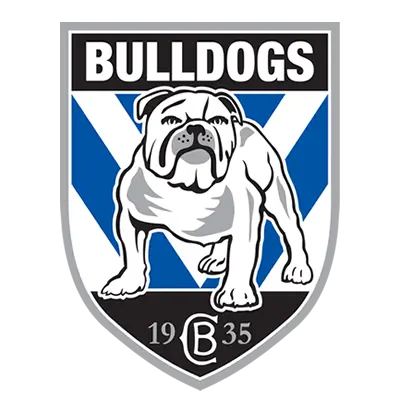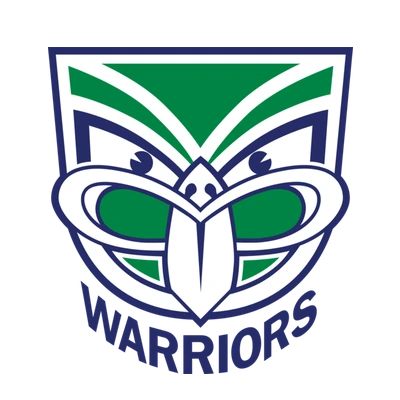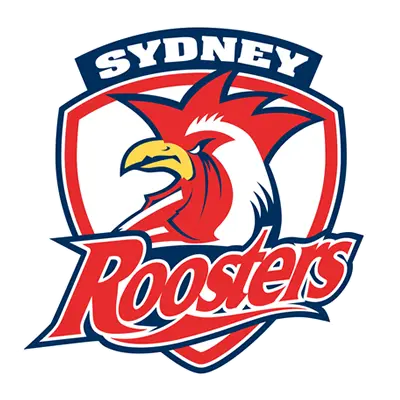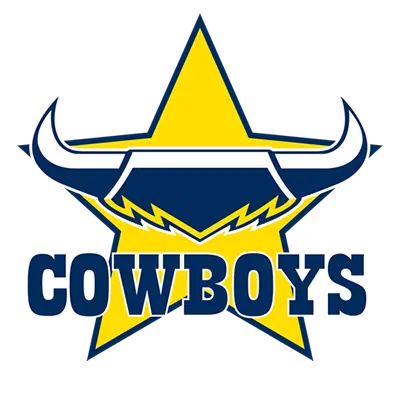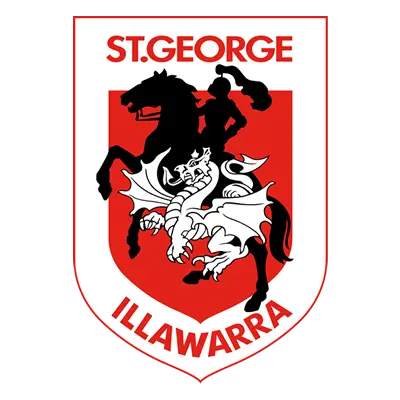Snake
Snake's Alive!
I'm not directing this at you but just making a general observation about perceived favouritism -I don't think its a case of organised corruption within the NRL, more a case of favouritism towards certain teams on the day combined with ref ineptness.
How many times do we see/hear a home crowd complaining loudly, trying to get a penalty for their team & the refs eventually giving one 1 or 2 tackles later?
Likewise, one of the top teams on a roll & being allowed to step off the mark to play the ball or play it messily & not be pulled up for it?
The inconsistency in applying the profesional foul/10 in the bin rule when defending teams deliberately foul to slow down the play the ball is another - some refs warn after 2 penalties that the next one is in the bin, other refs send off at the first one, while others just continue to penalise with no further action - is this another area that's up to the ref's discretion?
I've noticed a lot of people don't understand the rules around the policing of the ruck. They know the general rules but not the 'interpretation' that is left to the referees discretion. That is, they see every ruck as comparable; in their eyes, If one ruck is fast and one is slow, there is inconsistency.
The interpretation of the ruck is based on many factors, but basically, if a player runs into the defence and skittles defenders before find their front, they will be allowed to get up and play the ball quicker. If the defenders are left on the ground and in the way and the attacking player happens to step over the markers, the referee will let it pass; the logic being, they'd only have to blow a penalty against the defenders not clearing the ruck anyway. This is just one example, but essentially, the team that is performing strongly will get leeway in the ruck because that's what the ruck interpretation is designed to do; reward dominance.
Thus, good sides like the Roosters, Melbourne, Penrith and co. look to be the beneficiaries of bias, when it's just a case of playing better footy. If you win the contact in the ruck, you'll get the rub of the green.
Of course, they get it wrong from time to time and yes, the bunker make some howlers...get rid of the bunker...but that's an argument for another day.



